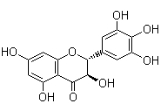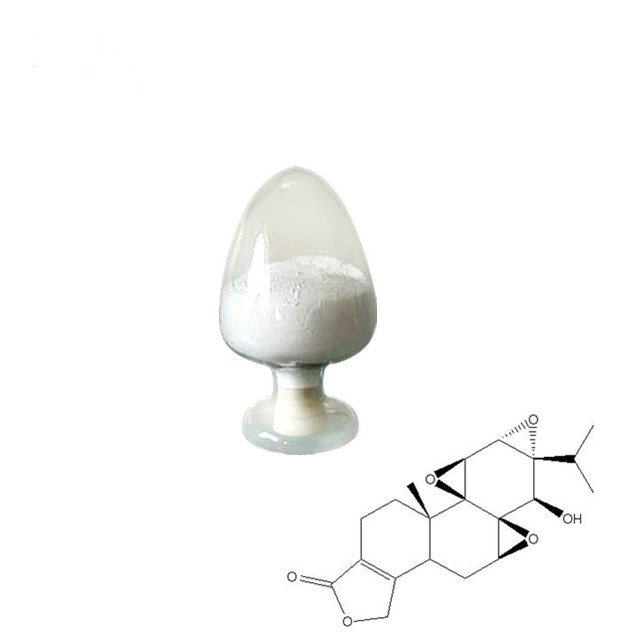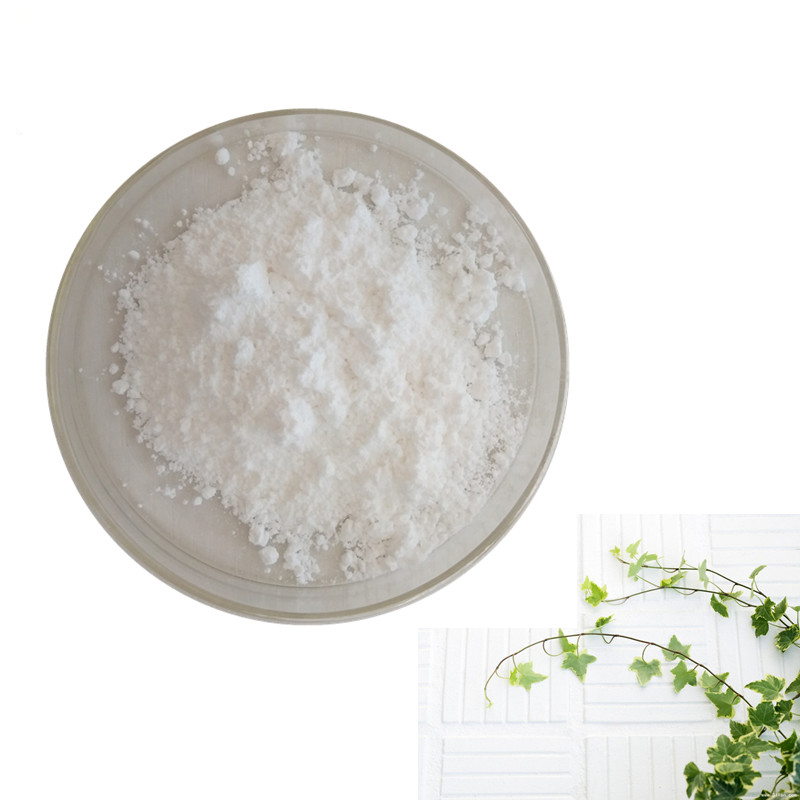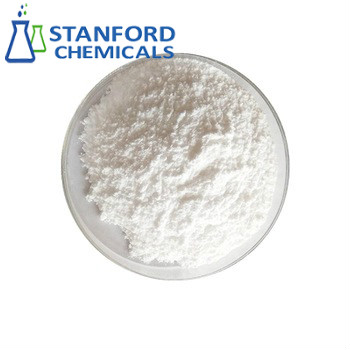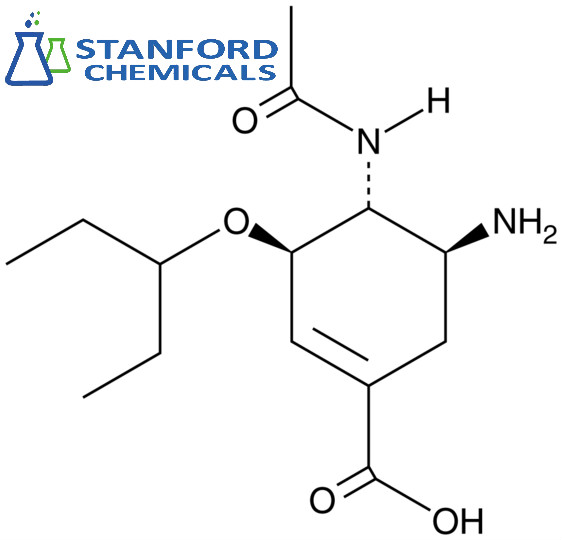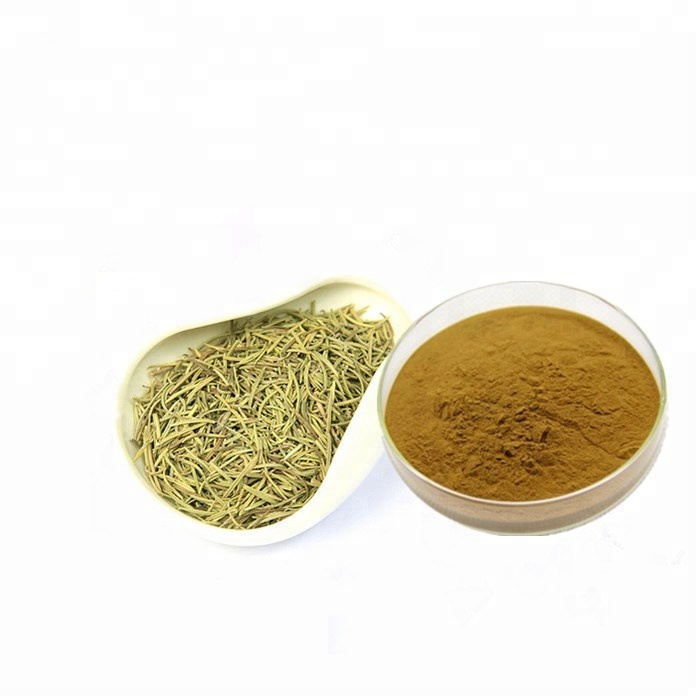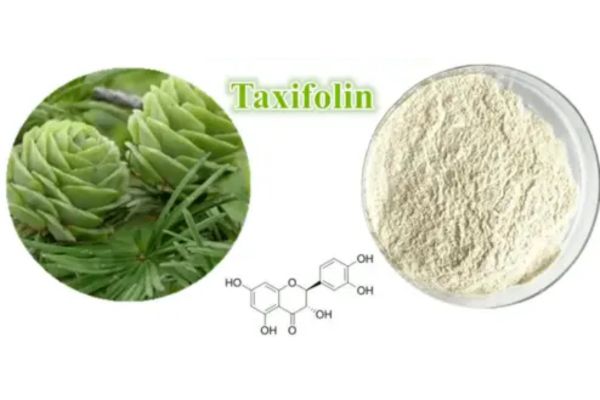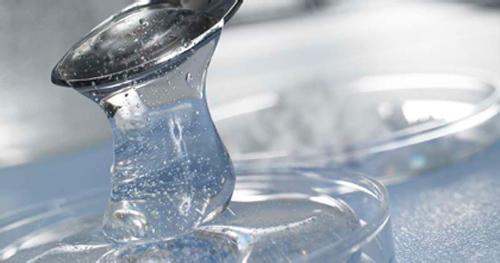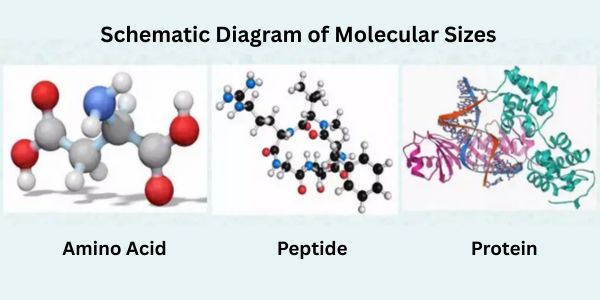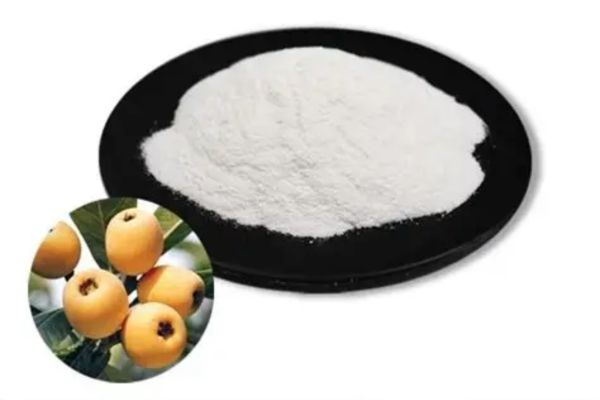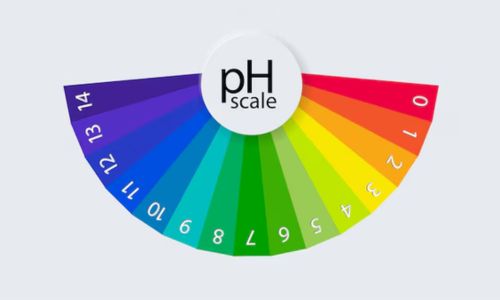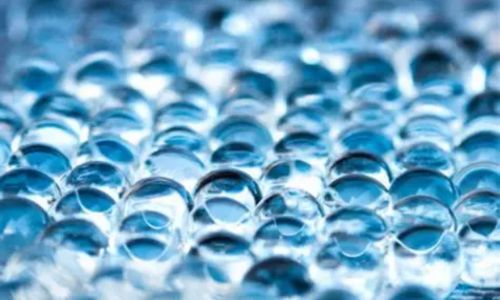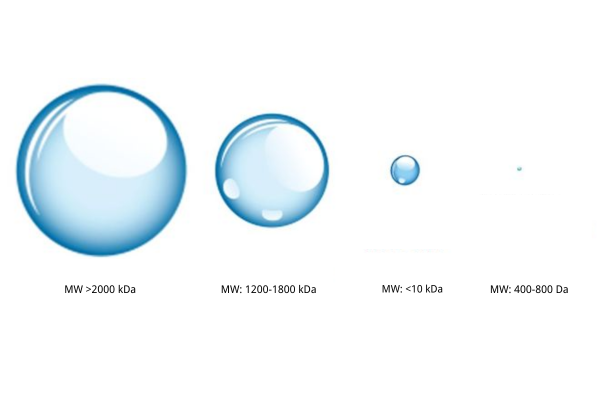For skin care, many products promise amazing effects. Hyaluronic acid, retinol and vitamin C are among the most commonly mentioned. So, which of these products is best for skin? Before we compare, let’s take a closer look at these three different products.
Hyaluronic Acid
Hyaluronic acid (HA) is a polysaccharide found in human tissues, especially skin, joints, and eyes. And it is renowned for its exceptional moisturizing ability. HA can absorb and retain up to 1000 times its weight in water. This ability makes it a widely used ingredient in skin care products.
--How HA Benefits the Skin?
Hyaluronic acid has strong moisture absorbing properties, leaving the skin with a deep gloss and gentle elasticity. It can act as a protective layer for the skin, preventing moisture loss and providing balanced skin moisture. As we age, the amount of hyaluronic acid in our skin decreases, leading to dullness, loss of elasticity and fine lines. Hyaluronic acid supplements can increase skin hydration and elasticity, and reduces fine lines and wrinkles, giving skin a more youthful appearance. Hyaluronic acid also has excellent repairing and soothing properties. It supports skin cell regeneration and repair, helps damaged skin heal, relieves skin pain caused by dryness or irritation, and reduces inflammation and redness.
Retinol
Retinol is a derivative of vitamin A, widely used in skincare products for its remarkable anti-aging and skin texture-improving abilities.
--How Retinol Works?
Retinol penetrates the dermis and promotes cell renewal. It accelerates the shedding of old dead skin cells and promotes the growth of new healthy cells. This process not only smooths and evens out skin texture, but also helps prevent clogged pores and reduce acne. Retinol stimulates collagen production. It helps us improve skin elasticity and firmness, and reduce fine lines and wrinkles. In addition, it accelerates the shedding of the stratum corneum (the outermost layer of the skin), revealing fresher and smoother skin underneath. It also regulates sebaceous gland activity, reduces excess oil secretion, reduces shine, and makes the skin more refreshed. In addition, retinol helps to fade pigmentation, even out skin tone, and solve problems such as sun spots and age spots.
Vitamin C
Vitamin C is a powerful antioxidant widely used in skincare products for its brightening and anti-aging effects.
--How Does Vitamin C Benefit the skin?
Vitamin C effectively inhibits melanin production. This helps to lighten dark spots and hyperpigmentation. The result is a brighter complexion, more even-toned, and radiant skin. One of the powerful effects of vitamin C is that it neutralizes free radicals. Free radicals are unstable molecules that cause premature aging, wrinkles, and dull skin. This powerful antioxidant also protects the skin from environmental damage, including harmful UV radiation. In addition, vitamin C plays a vital role in collagen synthesis, which is essential for enhancing skin elasticity and firmness. By boosting collagen production, it helps maintain a youthful and supple appearance of skin, reducing signs of aging and improving overall skin health.
In Conclusion: Combination Is Best
Deciding which is better between hyaluronic acid, retinol, and vitamin C depends on individual skin needs and goals. For intense hydration, hyaluronic acid is unmatched. For anti-aging and wrinkle reduction, retinol is the go-to. For brightening and protection against environmental damage, vitamin C is ideal. Often, the best results come from a balanced combination of these ingredients, tailored to your specific skincare concerns and routine. Given their different focus areas, can hyaluronic acid, retinol, and vitamin C be used together for skincare?
The answer is that they can be used in combination.
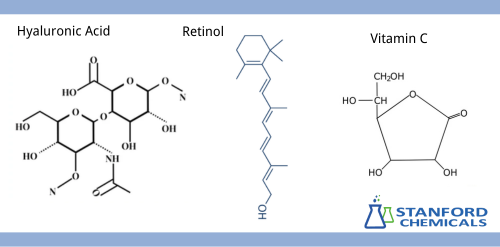
Fig 1. Structures of Hyaluronic Acid, Retinol and Vitamin C
--Hyaluronic Acid with Retinol
Retinol can sometimes cause dryness or irritation, especially when first used. This is where hyaluronic acid comes in. Its moisturizing properties can help alleviate the dryness or sensitivity caused by retinol, making the skin more tolerant. Additionally, hyaluronic acid works on the skin's surface to provide immediate hydration, while retinol penetrates deeper into the skin to address fine lines, wrinkles, and collagen production. Together, they tackle multiple signs of aging, making the skin smoother and younger-looking.
--Hyaluronic Acid with Vitamin C
The primary benefit of using vitamin C and hyaluronic acid together is their ability to brighten the complexion and improve overall skin tone. Vitamin C helps fade dark spots and pigmentation, making the skin tone more even. Hyaluronic acid hydrates the skin, plumping it up and reducing the appearance of fine lines and wrinkles. Another benefit of this powerful combination is that it can prevent environmental damage. Vitamin C acts as a barrier, neutralizing free radicals and preventing them from damaging the skin. On the other hand, hyaluronic acid forms a barrier on the skin's surface, locking in moisture and preventing pollutants and toxins from penetrating the skin.
--Retinol with Vitamin C
Vitamin C inhibits melanin production, fading dark spots and pigmentation, making the skin more even-toned and radiant. Retinol promotes the shedding of the stratum corneum, helping to remove aging keratinocytes and making the skin smoother and brighter. Retinol promotes collagen production and cell turnover, reducing fine lines and wrinkles, while vitamin C, through its antioxidant action and collagen synthesis promotion, further enhances skin elasticity and firmness. Using both together can more effectively combat aging. However, while vitamin C and retinol can be used together, it is best to use them at different times. Use vitamin C in the morning with sunscreen and retinol in the evening. Applying retinol after waiting 10-30 minutes following vitamin C application can help avoid potential irritation.
Stanford Advanced Materials (SCC) is at the forefront of developing hyaluronic acid and herbal extracts. Providing cosmetic-grade HA, Vitamin A, B, C, D, E and other extracts. For more information on these products or specific applications, please feel free to contact us to view our homepage.
Related Articles: The Role of Vitamins and Hyaluronic Acid in Eye Health What’s More Effective for Wrinkles: Hyaluronic Acid or Retinol?


